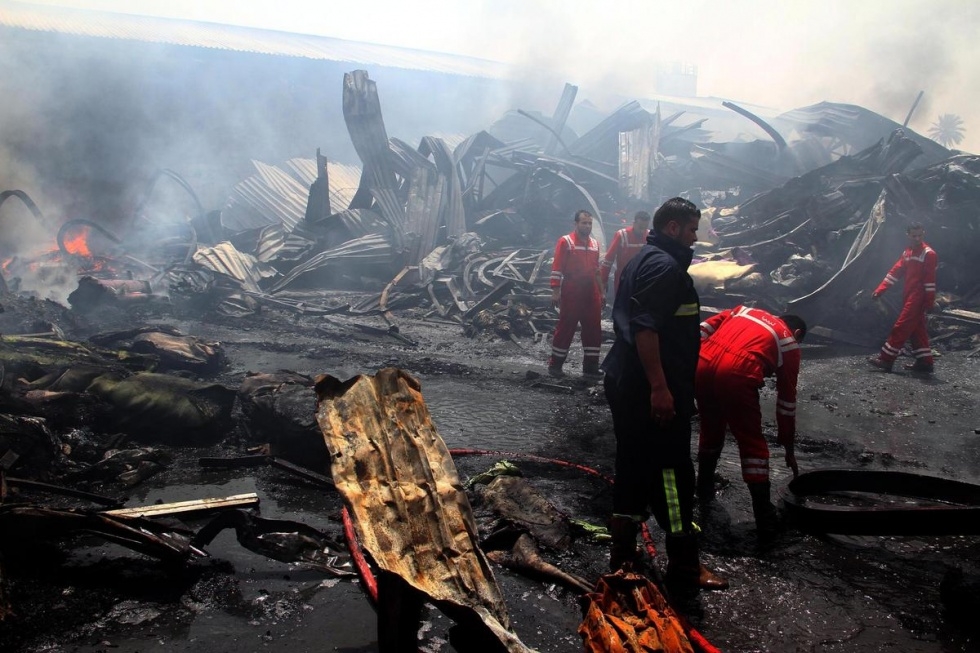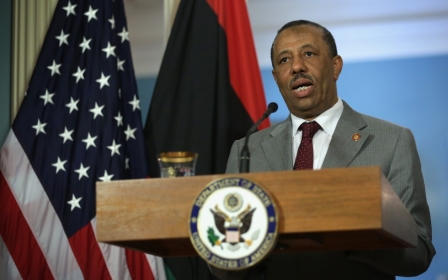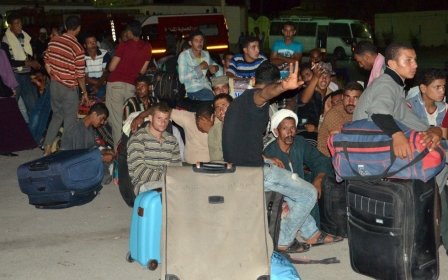Head of Libya's army: 'no control' over government-funded rebels

Libya’s Army Chief of Staff, Jad Allah al-Obeidi, has said that he has “no control” over government-funded rebel groups, as violence between the armed forces and militia groups continues to escalate.
In remarks made on Sunday, Obeidi said that he had no way of finding out how many people are fighting with the Libya Shield Force, a coalition of rebel groups brought together to fight under Libya’s Ministry of Defence in 2012.
“We have no ability to reformulate the Shield Force, nor to change its leadership.”
His comments came as he was questioned in front of Libya’s House of Representatives.
Mohammed el-Jarh, a Libyan analyst based in Tripoli, said that members of the House are “determined to hold the Chief of Staff accountable” after his comments.
There are already swirling rumours, quickly denied by Benghazi representative Salih al-Shawihidi, that Obeidi could be replaced by Saad al-Qatrani, the first high-profile politician to defect from Muammar Gaddafi’s former regime.
A day after issuing his explosive comments, Obeidi demanded an immediate ceasefire among all forces fighting in Tripoli on Monday.
There was a lull in fighting in the capital, after a heavy day of shelling on Sunday, but tensions remain high.
The humanitarian situation in Tripoli is becoming dire. According to Libyan daily al-Wasat, shops have begun to empty of staple foods, while chemists are starting to ration supplies of baby milk to one carton per child.
Further east, the coastal town of Derna witnessed a day of violence on Monday, with allegations surfacing that fighters had launched direct attacks on civilians.
There were heavy airstrikes throughout the day, with reports that three children were injured when forces loyal to renegade General Khalifa Haftar struck suspected militant targets in the city.
The ongoing violence looks set to have a decisive impact on Libya’s economy. Oil production, already hard hit by the political turbulence, has fallen by 10 percent in the last two weeks, dropping to an output of 450,000 barrels per day.
New MEE newsletter: Jerusalem Dispatch
Sign up to get the latest insights and analysis on Israel-Palestine, alongside Turkey Unpacked and other MEE newsletters
Middle East Eye delivers independent and unrivalled coverage and analysis of the Middle East, North Africa and beyond. To learn more about republishing this content and the associated fees, please fill out this form. More about MEE can be found here.



